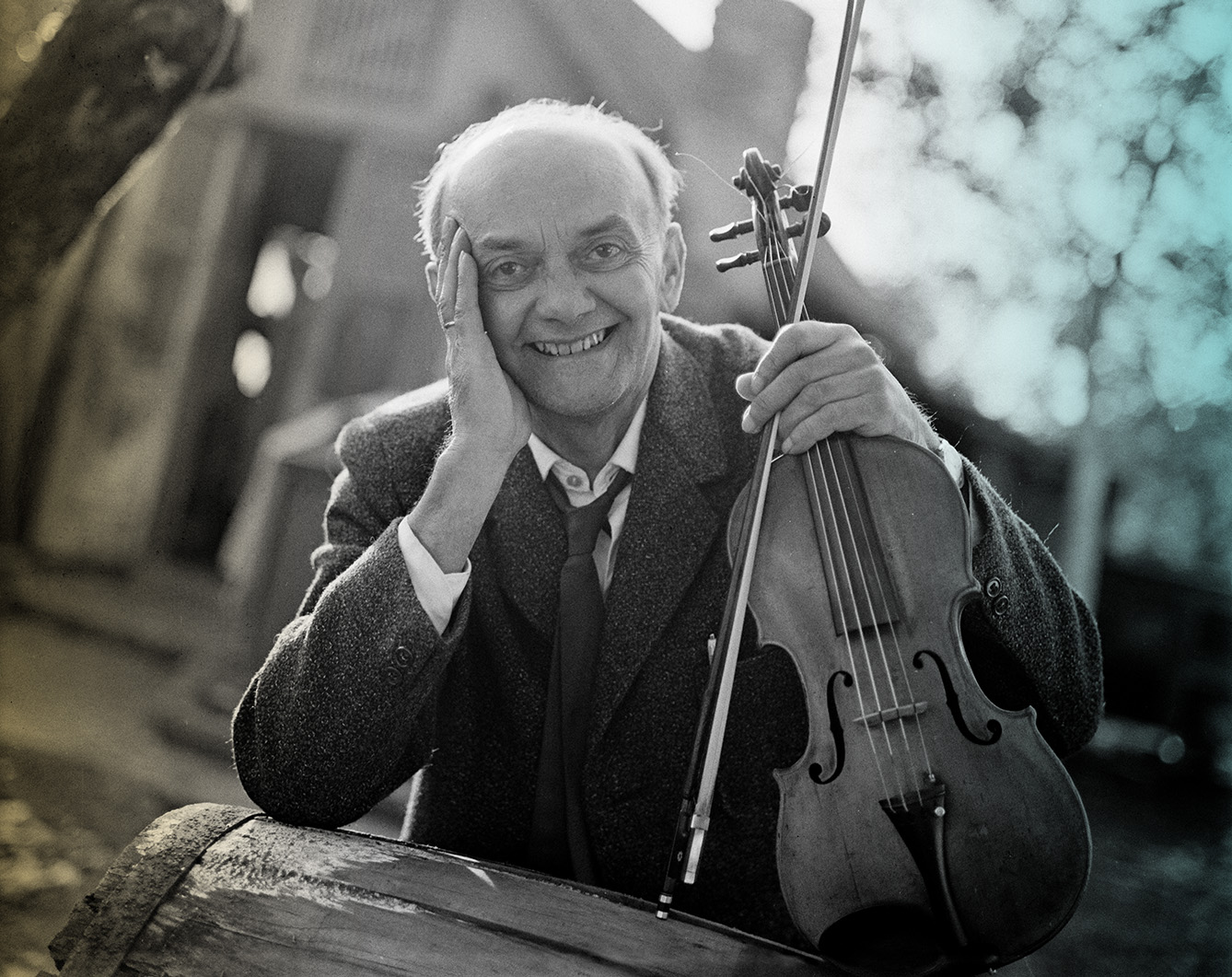The origin of this story goes back to 1927 when folk composer Jaromír Vejvoda composed it as “Polka of Modřany” in Zbraslav, a town south of the Czech capital Prague. At that time, the song was played without lyrics as a song to dance to.
Beer Barrel Polka: a hit parade
It took seven years until Jan Hoffman, who fell in love with the melody and coincidentally owned of a publishing house, reached out to the songwriter Vašek Zeman. Just like that, in 1934, one of the most famous songs was created as a wind and string orchestra composition. The name was also changed from “Polka of Modřany” to “Škoda lásky” (Eng: Wasted love), a sad love story that is in direct contrast to the joyful melody.
The first success outside of Czechoslovakia began in Germany when the reproduction rights were sold to accordionist Will Glahé. In June 1939, his song “Rosamunde” was number one on the German “hit parade.” Glahé also obtained a golden record a year earlier for successfully selling over a million copies of his Rosamunde, a spin-off of Škoda Lásky.
Jan Hoffman’s widow signed a deal with Jaromír Vejvoda to share the profits for the Polka of Modřany reproduction around the world. Apart from German profits, a new and more lucrative market opportunity appeared on the horizon. And then it happened. In 1939, the “Wasted Love” story, now known as “Beer Barrel Polka,” (as Czechs are famous beer-lovers) conquered the United States. Over a million copies were sold in the first year.
One song, different meanings
The song entered the US market as “Beer Barrel Polka,” with lyrics by Lew Brown and Wladimir Timm, and was soon recorded by Frank Sinatra, the Andrews Sisters, the Glenn Miller Orchestra, and many others. It was already widely popular before World War II, but its melody spread all over the world during the war. With different lyrics in different languages, soldiers sang it on both sides of the front.
Later, it became popular in many countries, where it is often considered their own, and the awareness of its Czech origin has almost disappeared in many places. In Finland, for example, the melody is considered a Christmas song. The song is also widely spread in the Three Seas Region. The Polish know the original Czech song as “Banda” or “My młodzi, my młodzi, nam bimber nie zaszkodzi…”.
Hungarians know it as “Sej-haj Rozi.” Croatians call her “Rozamunda.” The recordings of Škoda Lásky exist with 36 other texts in 15 languages worldwide. Despite all of that, Škoda Lásky (Wasted Love) made it all around the world. The song won a global competition for the world’s best song of the 20th century in 1999. And what’s more, the song made it to space, where this melody woke up the astronauts of the space shuttle Discovery.







